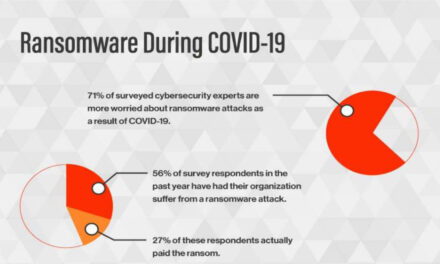Respondents indicated strong preferences for human interaction, citing privacy, security, and trust concerns when navigating online platforms and authentication.
Based on a Feb 2025 survey of 6,750 consumers* on the topic of customer identity and trust in digital environments, several findings on registration security, user experience, and attitudes toward AI agents were shared with the media.
First, respondents indicated that, on average, 46% of registration attempts across the platform in 2024 were identified as meeting criteria for signup attacks.
were identified as meeting criteria for signup attacks.
Second, 74% of respondents cited that a company’s reputation and trustworthiness were priorities when deciding whether to create an account, while 72% indicated that security was a key concern at the time of the survey.
Other findings
Third, 68% of respondents reported reusing passwords across multiple accounts, according to their survey responses. Also:
- 62% of respondents indicated that long signup or login forms caused frustration.
- Nearly 25% of respondents reported abandoning online purchases due to signup or login issues.
- More than half of respondents that were Gen Z and Millennial indicated that they viewed passkeys as convenient, and biometrics (such as fingerprint or Face ID) as the most secure login method.
- 70% indicated a strong preference for interacting with humans over AI agents, with 44% of those who would not use AI agents citing a lack of trust in AI with their personal data.
- 60% of respondents expressed concern about the impact of AI on the privacy and security of their digital identities.
- 38% of respondents indicated that human oversight of AI agent decisions would increase their trust in such systems.
According to the firm that commissioned the survey, OKTA, customer trust is paramount, “security threats are escalating, and the promise of AI hinges on our ability to instill confidence in its use.”
*from nine countries:Australia, Canada, France, Germany, India, Japan, the Netherlands, the United Kingdom, and the USA (sample size of 750 per country). Participants selected were at least 18 years of age. Operational telemetry (2024) from the firm’s platform was disclosed as an additional data source. Some ambiguity around the selection of the respondents (“general consumers”) exists in the survey methodology and associated press release received.

















